By Subha Robert William
RashDash’s Oh Mother opens up with mess. Abi and Helen find themselves in a place of undoing. As they are left with just five minutes before the show starts, things around them are in disarray.
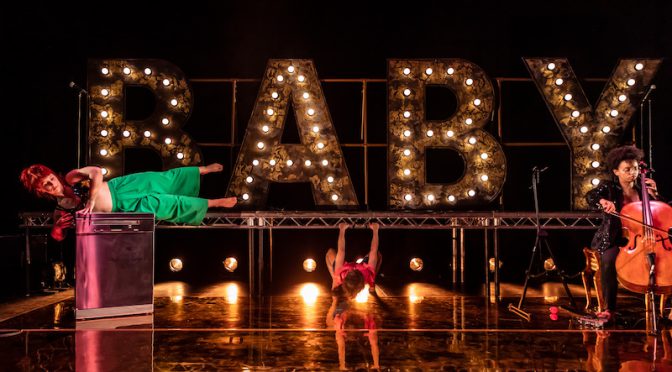
By Subha Robert William
RashDash’s Oh Mother opens up with mess. Abi and Helen find themselves in a place of undoing. As they are left with just five minutes before the show starts, things around them are in disarray.
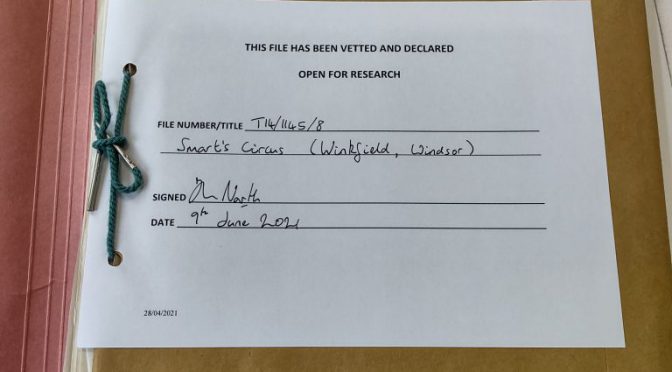
By Beth Potter
As I write this, by hand at first to keep things loose and free, I sit before a document on my laptop screen, a dense 39 pages of notes. Its title is ‘BBC Written Archives visit’, and I compiled it in early September during three intense – enriching, nourishing, project-broadening, but intense – days in Caversham a few weeks ago, during which my neck cracked a thousand times and no amount of shoulder rolls saved my back from the archive ache.
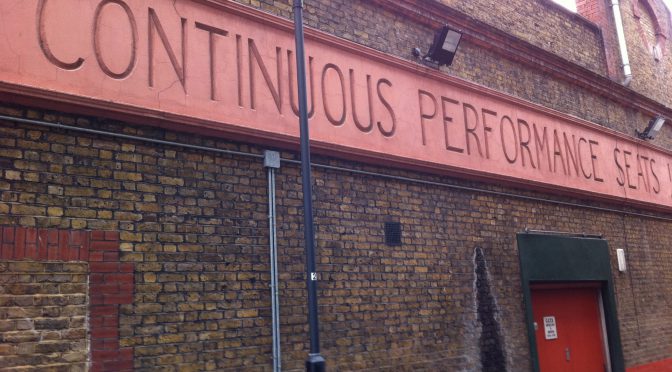
by Professor Alan Read
In the 1980s Alan was director of Rotherhithe Theatre Workshop, a neighbourhood theatre based in the Docklands area of South East London, in the 1990s he worked as a freelance writer in Barcelona and was Director of Talks at the Institute of Contemporary Arts in London, and from 1997-2006 he was Professor of Theatre at Roehampton University where he directed a five year AHRC research funded programme on performance, architecture and location exploring theatre and public ceremonial in rational housing blocks and council estates.
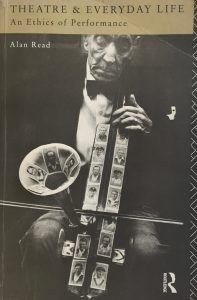
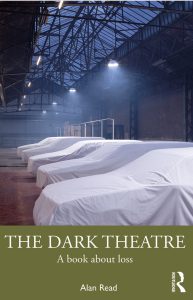
The Dark Theatre was written as a critical response to my first book Theatre & Everyday Life (Routledge, 1993). This book mimicks the ambitions and two-part structure of that earlier work but takes stock of the intervening quarter-century turn towards financialization and precarity in Western Europe, exploring a ‘general economy of performance’ by way of response to these capitalized conditions. The Dark Theatre is not an updating of the source work but instead engages with questions of community, ecology, and what I call ‘cultural cruelty’ as evidenced in practices ranging from theatrical acts to legal processes.
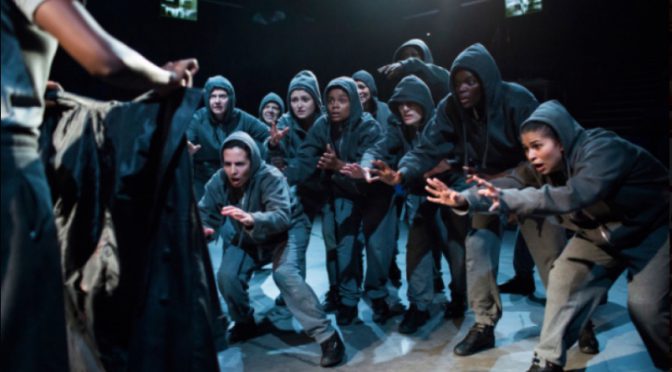
by Hailey Bachrach, PhD candidate researching gender in early modern history plays in collaboration with Shakespeare’s Globe Theatre, @hbachrach.
If you’ve heard of director Phyllida Lloyd’s Shakespeare Trilogy, which debuted at the Donmar Warehouse from 2012 to 2016 and was released in full on BBC iPlayer on 17 June, you’ve probably heard of its premise: it is performed by a company made up entirely of women, and framed as plays put on by a group of female prisoners. The three plays—Julius Caesar, Henry IV (the two parts combined into one), and The Tempest—are all intimately concerned with questions of masculinity and male relationships—fathers, brothers, sons—and are all notoriously light on female characters.
The prison framing device means, however, that they are not devoid of a female presence. There is no attempt at prosthetics or illusion in the production’s costumes. The actors wear prison-issue grey sweatpants and t-shirts, with accessories to designate changes of character. When Henry IV opened in 2014, Harriet Walter, who stars in all three productions, wrote that ‘our neuter prison garb … helps the audience put aside any questions of “Are they men playing women or women playing men?”… I would argue that when the cast are all women, we can look beyond gender to our common humanity’.
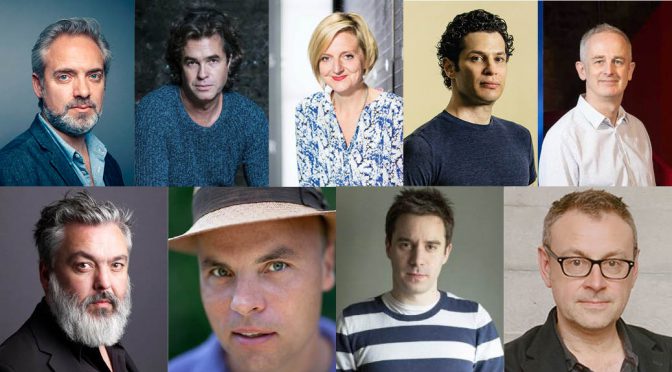
by Julia Pascal, Research Fellow, Department of English, King’s College London
It’s a century after some British women were allowed to vote, and a statue of the suffragist Millicent Fawcett has been unveiled in Parliament Square, so why is women’s presence on the English stage still unequal to men’s?
In a recent survey, the Sphinx theatre found that just a fifth of English theatres were led by women, who between them control just 13% of the total Arts Council England (ACE) theatre budget.
The feminist campaigning organisation the Fawcett Society has called for quotas to get more women into key positions, after its Sex and Power Index revealed startling gender disparities in the public arena. The situation in theatre, where I have worked all my life, is a startling gauge of the marginalisation of women.
The Conference of Women Theatre Directors and Administrators began auditing the number of females on stage in the 1980s. That we are nowhere near equality, almost 40 years later, was only too evident at the Olivier awards this year, when the prizes for best director and best new play went to men. When women do not have equal representation in theatre, it is impossible for them to have an equal chance of winning prizes. The Equal Representation for Actresses campaign group is among those pushing for change, but the male ruling elite refuses to share power.